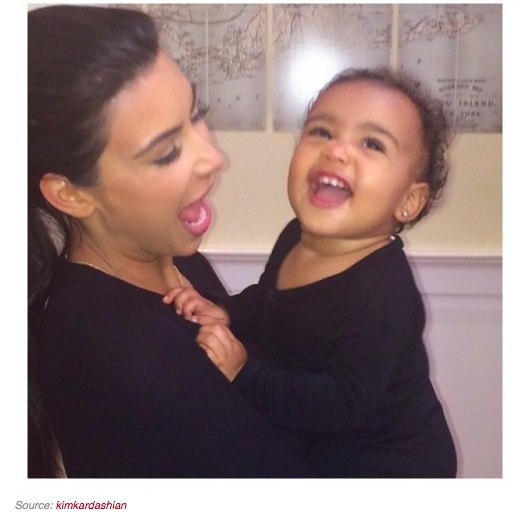SHARES

Baby teeth, also known as primary teeth or milk teeth are the first set of teeth in a human’s growth and development. After a child is born, the next stage occurs when the tooth protrudes through the gum, also known as teething.
When will my baby start teething?
Development of baby teeth varies among every child but these teeth generally come in between 6 and 12 months of age. Children usually have their full set of baby teeth by the age of 3. The first tooth to make an appearance is usually the middle, front tooth on the lower jaw known as central incisor, followed by the second central incisor just beside the first one. The canines will then erupt followed by the remaining primary molars.
Image source: American Dental Association
The teeth on the lower jaw usually appear one to two months before the same teeth on the upper jaw. There are a total of 20 baby teeth with spaces in between them to allow space for larger adult teeth to erupt in the future.
How do I know when my baby is teething?
Some of the common symptoms a baby will experience when teething include:
- Fussiness
- Loss of appetite
- Trouble with sleeping
- Irritability
- Drooling
Expert advice should be consulted if your child has abnormal symptoms such as fever, diarrhea, rash or persistent discomfort.
Why baby teeth matter
Although baby teeth will be replaced by a set of permanent adult teeth when a child grows older, they are very important to your child’s health and development. These teeth help your child to eat, speak and have a good-looking smile. Besides that, they maintain the space needed for eruption of permanent teeth in the jaws. Early loss of baby teeth will cause the permanent teeth to drift into the empty space, making it difficult for other adult teeth to erupt due to lack of space. It is important to begin good oral hygiene habits since young to protect their teeth for the future.
Oral health tips for children
-
Toothbrushing tips for babies
For toddlers up to 3 years old, a tiny smear of toothpaste can be used while a pea-sized amount can be used for children aged 3 to 6 years. It is advisable to brush your child’s teeth with a child’s toothbrush thoroughly for twice a day, in small circles and covering all surfaces. Encourage your child to spit the toothpaste out and ensure they are not eating or swallowing the toothpaste. They should always be supervised until independent enough to brush their own teeth – usually after 6 or 7 years old.
-
Baby bottle tooth decay
Baby bottle tooth decay happens when a child falls asleep with the bottle containing milk which stays in the mouth and on the teeth. Frequent, prolonged exposure of baby teeth to milk or drinks containing sugar will lead to tooth decay and also increase the risk of choking. Thus, do encourage your child to drink from a cup say by his or her first birthday.
-
Healthy meals and snacks
Babies usually do not have preferences for sweet diets, they get used to sweetness as they have them regularly. Therefore, children should be encouraged to consume a wide variety of healthy foods and a balanced diet to ensure a normal growth and development. Meals or snacks with high levels of sugar will lead to tooth decay.
-
First visit to the dentist
Parents are encouraged to schedule your child’s first dental visit when the first tooth appears. They will be introduced to the dental setting and be more compliance during future visits. Having regular examinations can also help to spot problems early.
5. Failure of eruption
If your child’s teeth fail to come in a year after the expected time, it is advisable to schedule a dental visit to ensure the teeth are developing properly. Certain measures can be carried out if deemed required.
Starting early is the key to a lifetime of good oral health. Everyone in the family should also have regular dental check-ups as oral health is important for the whole family.
Find a dental surgeon in Malaysia, on GetDoc
Find a dental surgeon in Singapore, on GetDoc
References
- Anatomy and Development of the Mouth and Teeth. [Internet] [cited 2018 Nov 16] Available from:
- Dental advice for babies and toddlers. [Internet] [cited 2018 Nov 16] Available from:
https://www.dhsv.org.au/dental-advice/general-dental-advice/babies
- Baby teeth. [Internet] [cited 2018 Nov 16] Available from:
https://www.mouthhealthy.org/en/az-topics/b/baby-teeth
- Teething. [Internet] [cited 2018 Nov 16] Available from:
Tags
by Soh May Leng
Born and raised in Malaysia, May Leng obtained her Bachelor of Dental Surgery from the University of Otago, New Zealand. She has joined the GetDoc team to relay valuable health information to the public. Staying active plays a big part in her daily life especially through outdoor sports such as running and swimming. She also enjoys travelling and has a passion for photography. View all articles by Soh May Leng.







